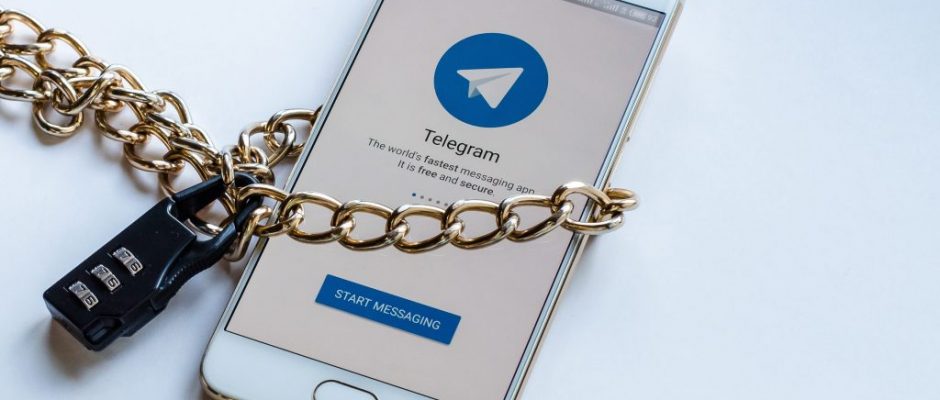Silicon Valley has a new problem – a generation that is turning off its digital lifestyle and ditching its smartphones. Gen Z, young people born between 1997 and 2012, have given Silicon Valley’s meticulously planned digital future for humanity a firm thumbs down.
Fifty percent of Gen Z’ers are interested in taking a break from their smartphones, while only 20 percent of Boomers, people born from 1946 to 1964, want a break, according to a survey from web-hosting company Squarespace. Last year, smartphone sales shipments dipped by around 70 million units, hitting the lowest shipment level in a decade, driven by falling sales in North America and China. At the same time, the new generation is buying old-school flip phones, nicknamed ‘dumbphones’, in preference to the latest Apple smartphones.
According to market researcher Counterpoint Research: “Feature phones in the US market have made a resurgence as Gen Z and millennials are advocating for digital detoxes due to the mental health concerns brought on by smartphones and social media…Given the relatively cheap price point of feature phones ($20-$50 with a prepaid carrier and $50-$100 unlocked), more people are trying out these devices and sharing their experiences on social media.”.








